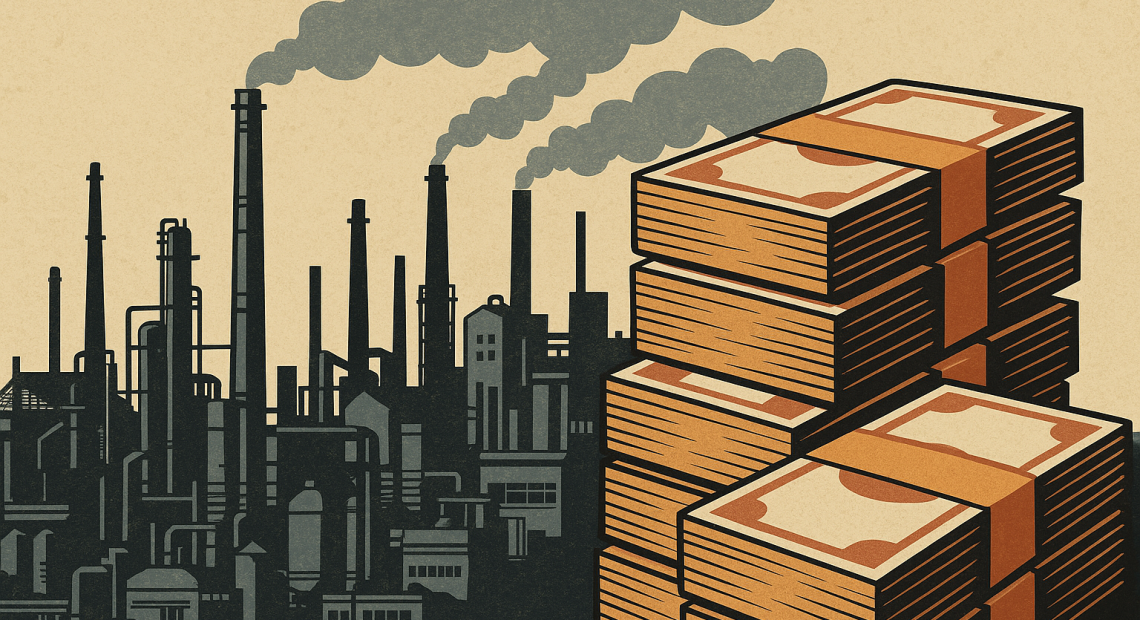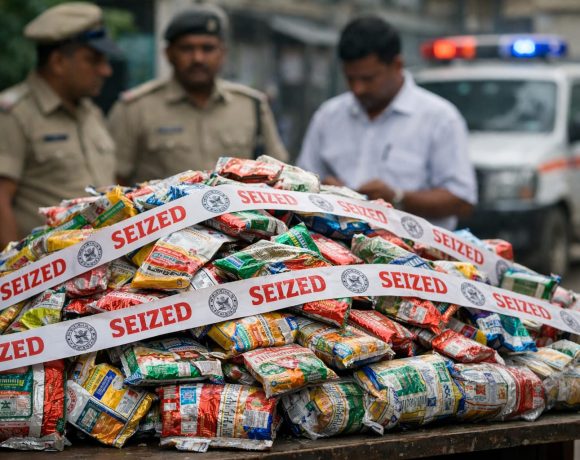
Socialism by Borrowing, Capitalism by Exit: Why 6,600 Companies Left Bengal
West Bengal has just pulled off a masterstroke in political economics: it revoked every industrial incentive given since 1993 with one sweeping law, and then doubled down on doling out welfare schemes worth more than its own revenue. The message is loud and clear — capitalists can take the exit door while welfare politics gets pride of place.
The Retrospective Shock In April 2025, the state passed the Revocation of West Bengal Incentive Schemes Act, cancelling all industrial incentives retrospectively. Companies that invested in Bengal with state promises — from Dalmia Bharat to Birla Corporation, UltraTech to Nuvoco — suddenly found themselves robbed of crores in committed refunds and subsidies. They’ve taken the state to court, but the damage is done. Bengal has effectively told investors that the government’s word is only good until the next populist whim.
The Rise of Welfare Politics On the other side of the balance sheet, welfare schemes are showered with cash. Lakshmir Bhandar alone claims ₹26,700 crore. Krishak Bandhu gets ₹5,782 crore. Banglar Bari, the housing scheme, commands ₹15,457 crore. Even smartphones for ASHA and Anganwadi workers are budgeted at ₹200 crore. Add them all, and welfare/social services gobble up nearly half of Bengal’s entire budget — a staggering 47%. The irony? The state’s own revenue is barely ₹1.2 lakh crore, far less than what it spends just on welfare. So the socialist extravaganza runs not on prosperity but on central transfers and new borrowings.
The Exodus of Capital Since 2011, 6,688 companies have shifted their registered offices out of West Bengal. Technically, these are office relocations, not always factory closures. But symbolically, it’s capitalism voting with its feet. For an investor, the retrospective cancellation of industrial promises is the ultimate betrayal. Why set up shop in a state that can erase contracts retroactively? Meanwhile, the welfare state expands, sustained not by growth but by debt.
Debt-Driven Socialism The numbers are brutal. Debt already stands at ₹6.5 lakh crore and is projected to balloon to ₹7.7 lakh crore by 2026. The debt-to-GSDP ratio hovers around 38%, among the highest in India. Interest payments eat up vast chunks of revenue. Yet the government piles on new schemes, new subsidies, new allowances — as if fiscal gravity doesn’t exist. Socialism is being financed by tomorrow’s taxpayers, while capitalism is shown the exit gate.
The Long-Term Consequences Jobs? Declining. Investor confidence? Broken. Fiscal stability? Buckling. Welfare dependency? Rising. Bengal is sliding into a cycle where fewer industries mean fewer jobs, which in turn means more citizens reliant on cash transfers. The productive base shrinks; the dependent base expands. Capitalism exits, socialism lingers on borrowed crutches.
Conclusion West Bengal has pioneered a new model: socialism without production, welfare without revenue, and contracts without credibility. Capital has already voted with its feet. What remains is a state that risks becoming a welfare colony funded by Delhi’s transfers and perpetual debt. If Bengal’s leaders believe this is sustainable, they might as well frame the debt papers in Writers’ Building — the only investment certificates they can still guarantee.


















